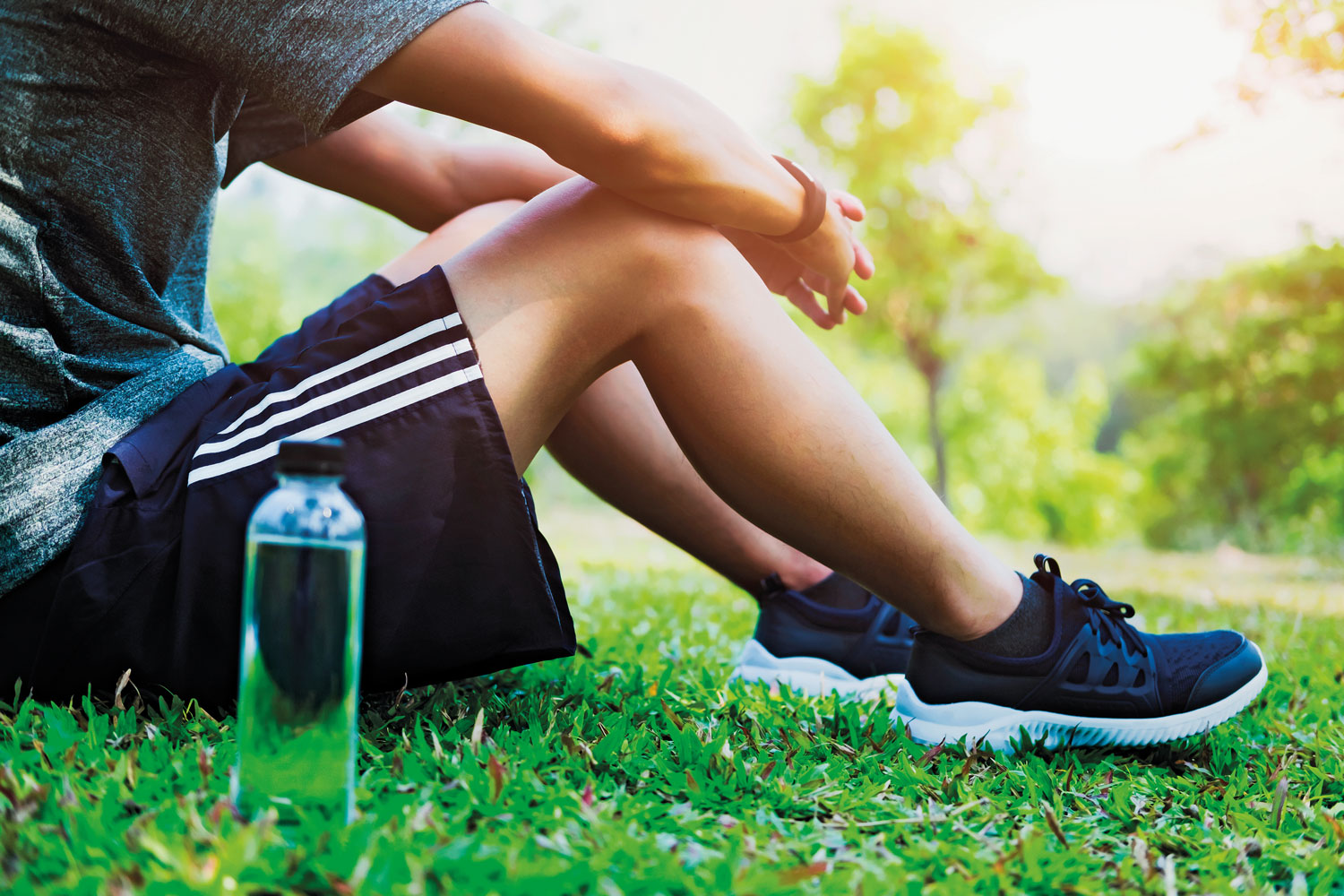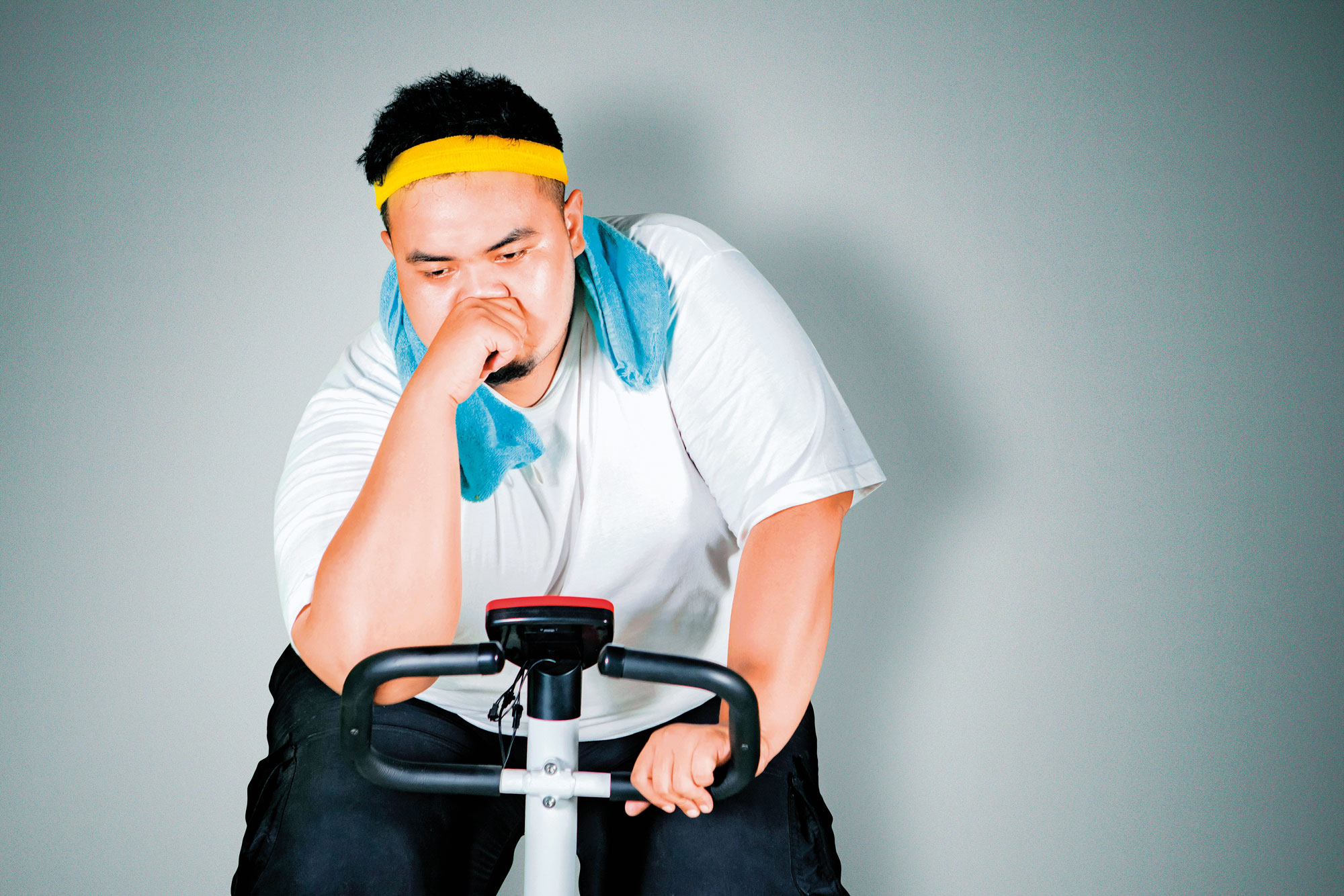
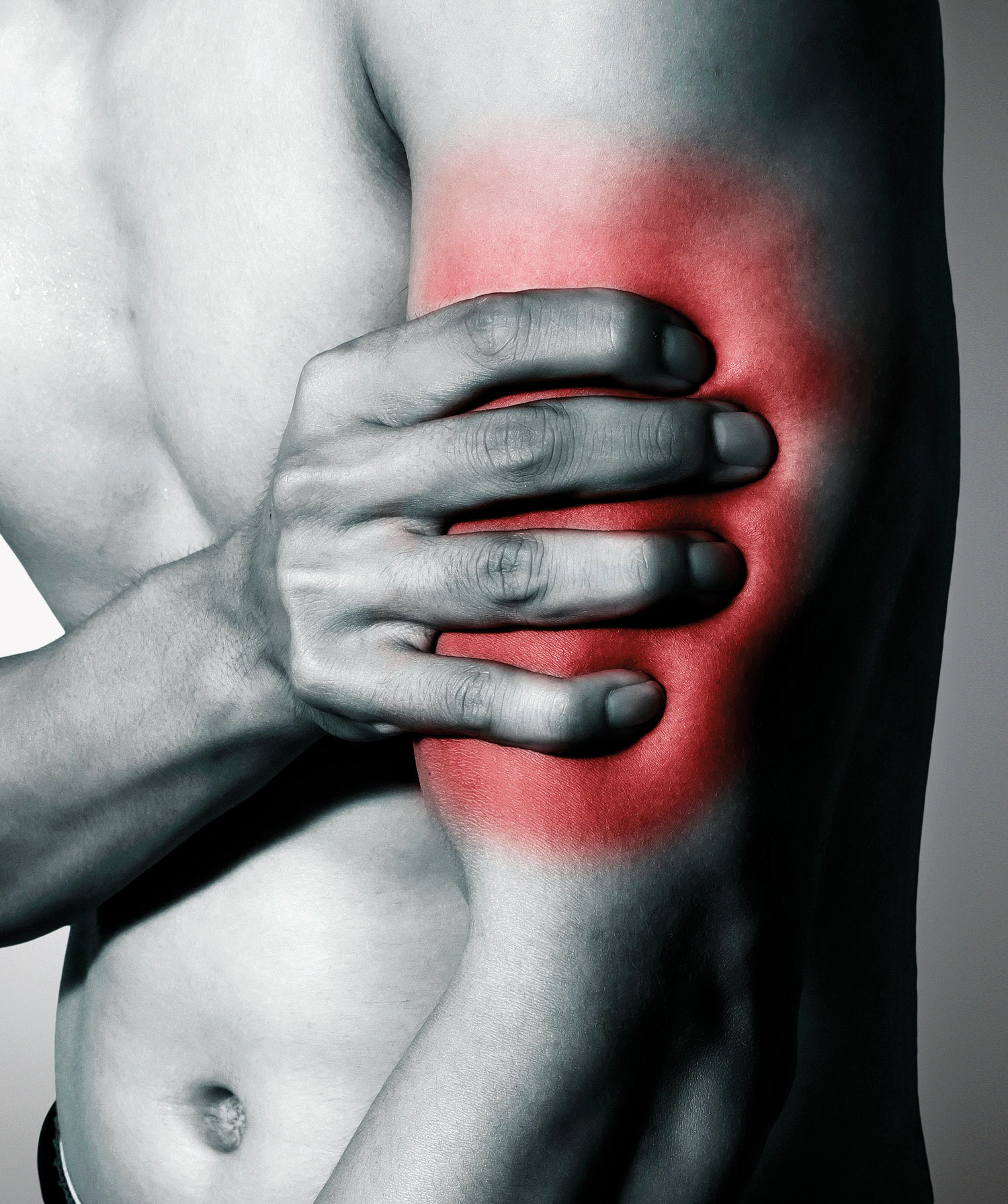
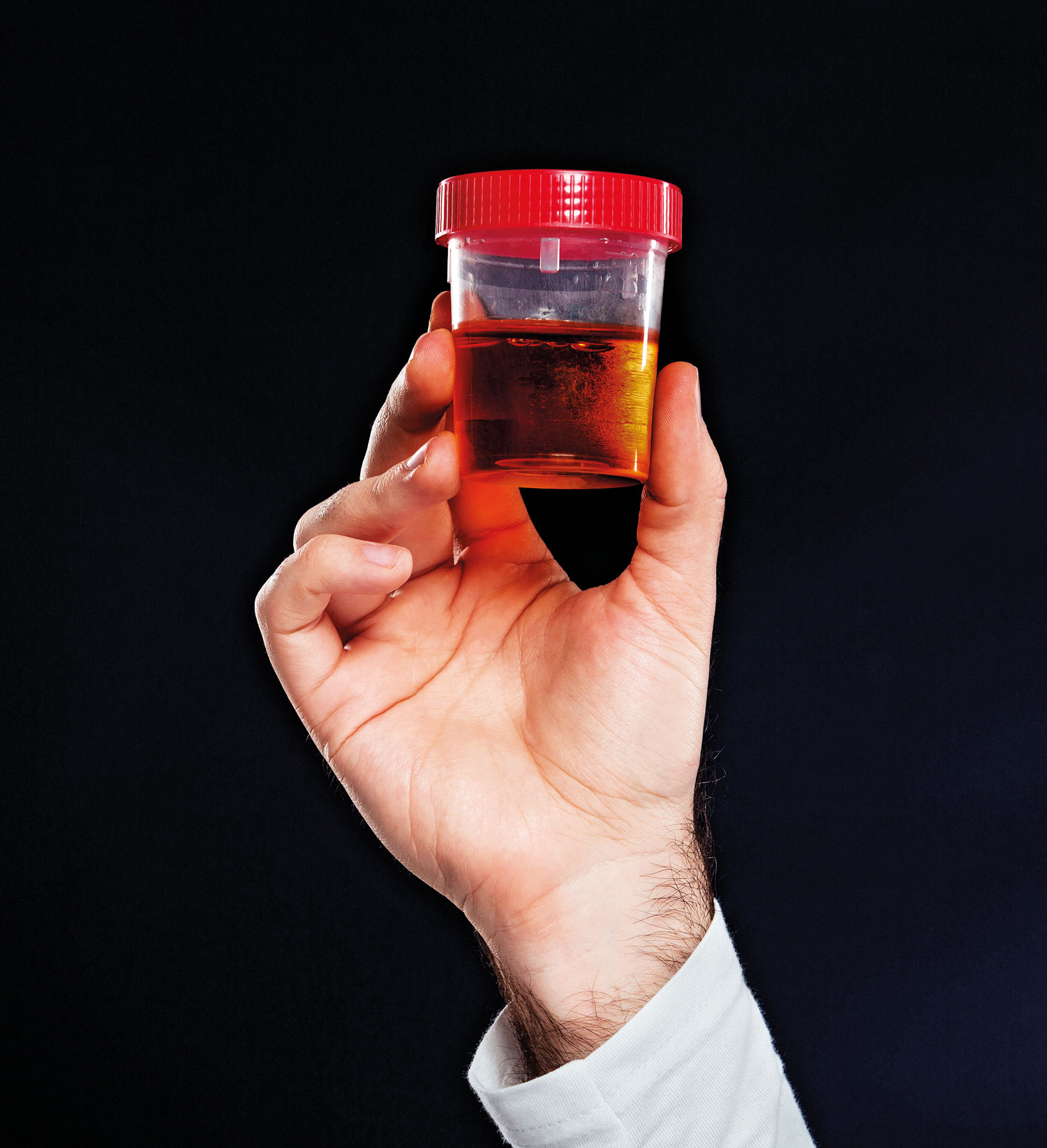
“About half of all overexertion victims do not show muscle-related symptoms. So, if you do not feel well, play safe by consulting a doctor”.
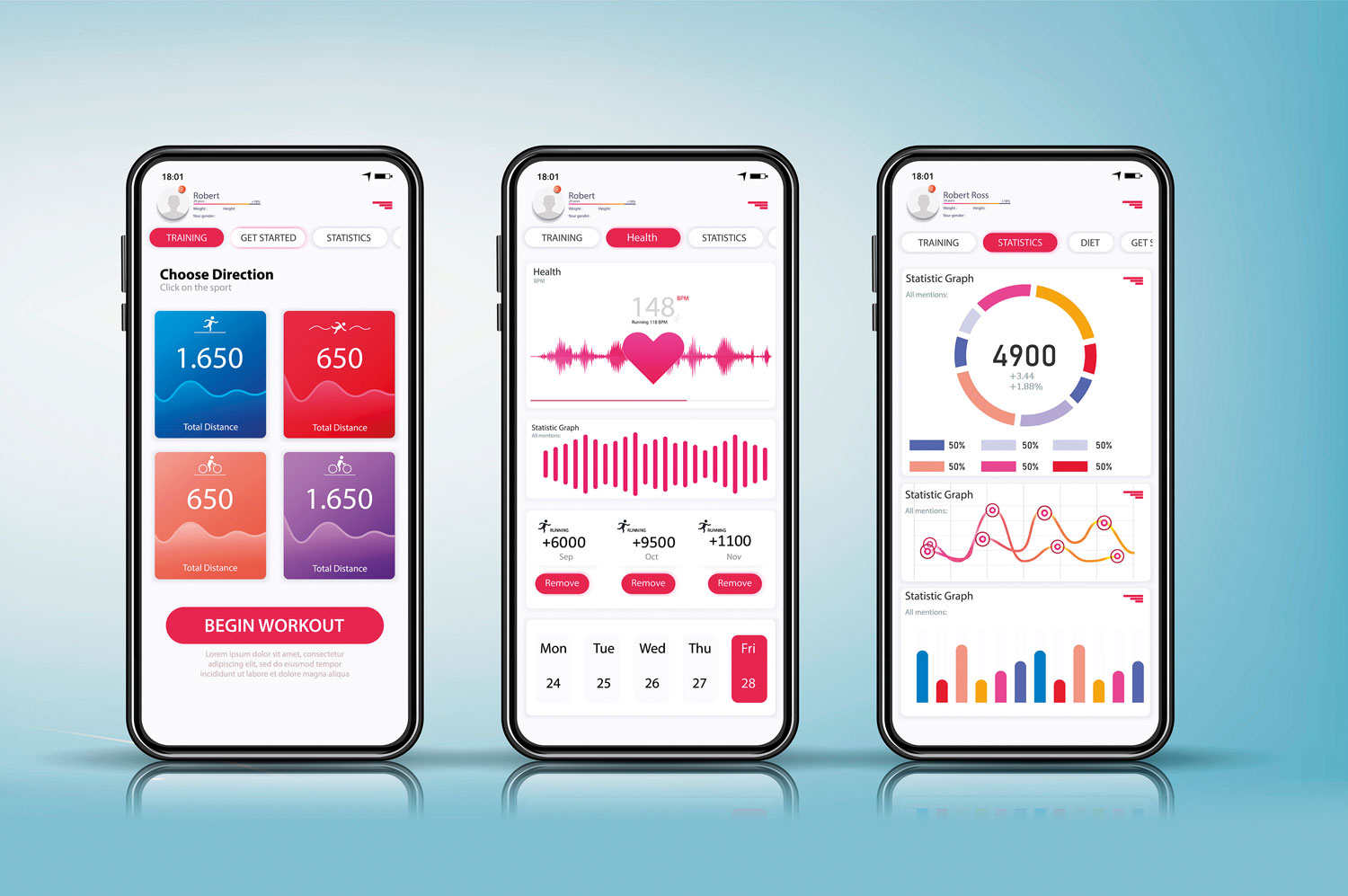
Overexertion frequently occurs without the victim realising it, and many who overexert themselves during exercise make the decision to keep going despite the discomfort. Instead of powering on and putting your health at risk, you should:
